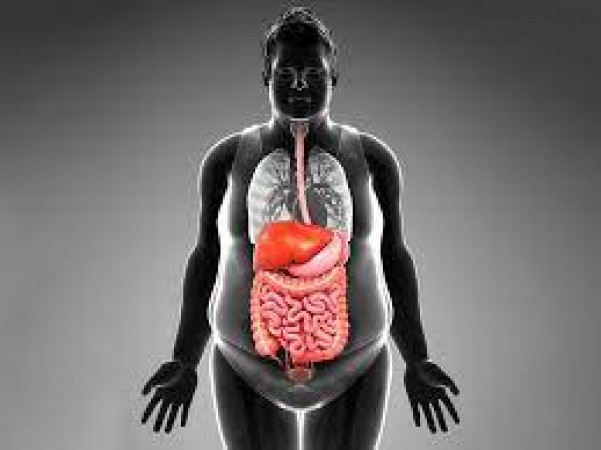
In recent years, obesity has become a significant health concern worldwide, affecting millions of individuals of all ages. Apart from its physical ramifications, such as heart disease and diabetes, obesity also takes a toll on mental health. However, a recent study sheds light on potential ways to overcome the mental problems associated with obesity.
The Link Between Obesity and Mental Health
Obesity often leads to a range of mental health issues, including depression, anxiety, and low self-esteem. The societal stigma surrounding obesity can exacerbate these problems, leading to social isolation and a diminished quality of life. Furthermore, the physiological effects of obesity, such as inflammation and hormonal imbalances, can also impact brain function and mood regulation.
Key Findings from the Study
The latest study delves into strategies to address the mental health challenges faced by individuals with obesity. Researchers examined various interventions and their effectiveness in improving psychological well-being among obese individuals. Here are some key findings:
1. Cognitive Behavioral Therapy (CBT)
CBT has shown promising results in treating mental health issues associated with obesity. By challenging negative thought patterns and promoting healthier behaviors, CBT helps individuals develop coping mechanisms to manage stress and improve self-esteem.
2. Mindfulness-Based Interventions
Mindfulness techniques, such as meditation and deep breathing exercises, have been found to reduce stress and enhance emotional resilience. Incorporating mindfulness practices into daily routines can help individuals with obesity develop a more positive outlook and better manage their emotions.
3. Social Support Networks
Having a strong support system plays a crucial role in mitigating the negative impact of obesity on mental health. Joining support groups or seeking guidance from friends and family members can provide emotional reassurance and practical assistance in adopting healthier lifestyle habits.
4. Physical Activity
Regular exercise not only contributes to weight management but also has profound effects on mental well-being. Engaging in physical activity releases endorphins, neurotransmitters that promote feelings of happiness and relaxation. Incorporating enjoyable forms of exercise, such as dancing or swimming, can make it easier for individuals with obesity to stay active.
5. Nutritional Counseling
Improving dietary habits is essential for both physical and mental health. Nutritional counseling can help individuals with obesity make informed choices about their diet, leading to better mood regulation and overall well-being. Emphasizing whole foods rich in nutrients and minimizing processed foods can have a positive impact on mental health.
A Holistic Approach to Wellness
In conclusion, addressing the mental health challenges associated with obesity requires a multifaceted approach. By combining psychological interventions, social support, physical activity, and nutritional counseling, individuals can enhance their overall well-being and quality of life. It's essential to recognize that overcoming mental problems related to obesity is not just about weight loss but also about cultivating a positive mindset and adopting healthy lifestyle habits.
Want to Reduce Belly Fat? Take THESE nuts daily
Due to this problem in the eyes, Glaucoma occurs, then the eyes start filling with water